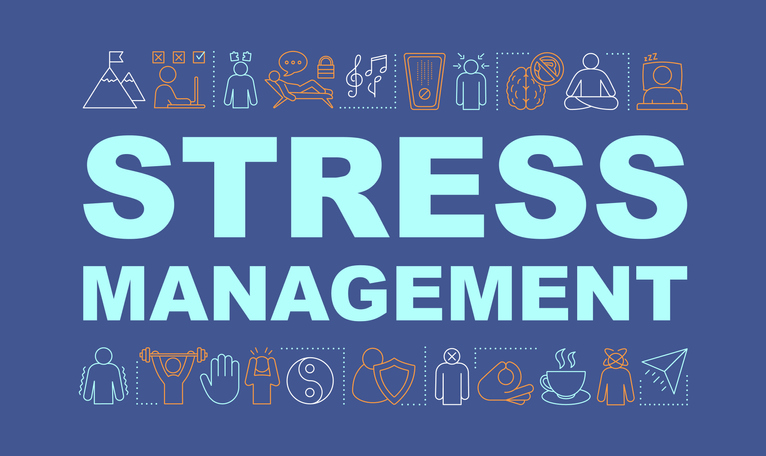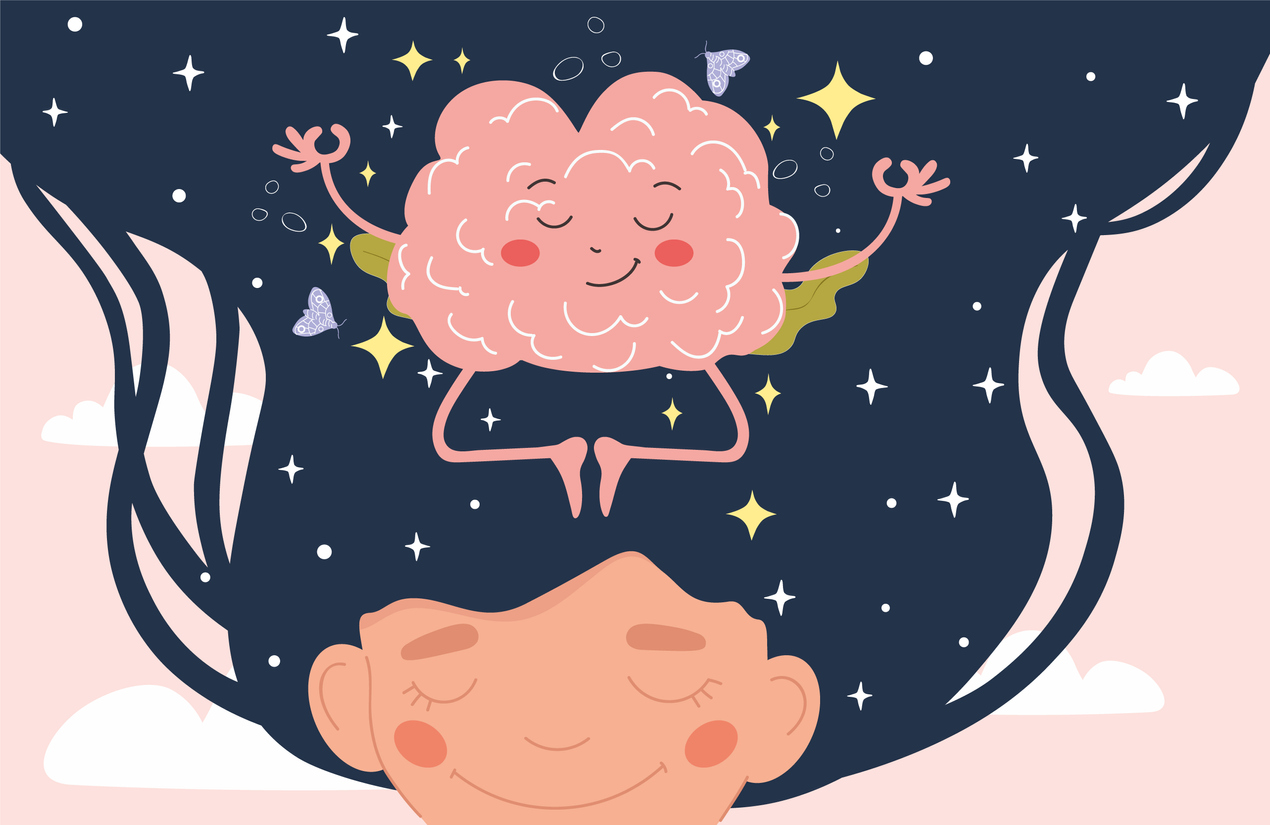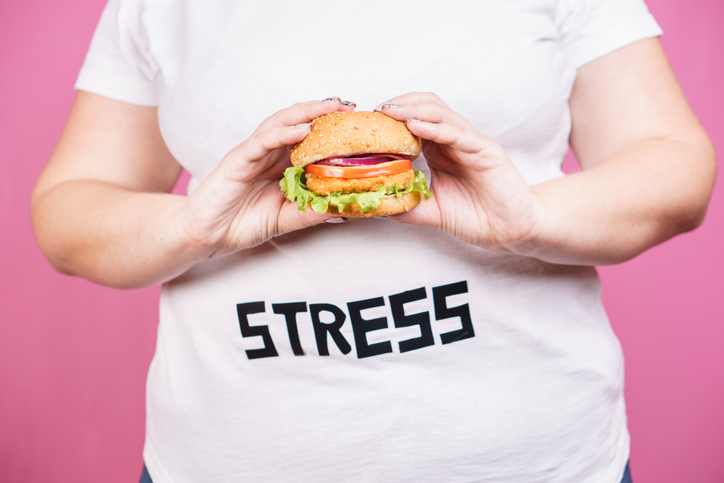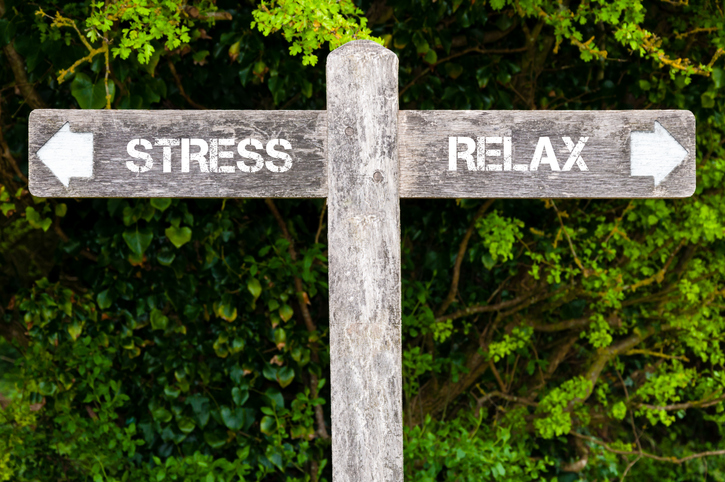Wellness
The Difference Between Stress and Anxiety

The terms stress and anxiety are often used interchangeably, but they are not the same thing. Although both stress and anxiety share similar symptoms (trouble sleeping, appetite changes, irritability, etc.), stress is caused by an external source, such as a job interview, an argument, financial challenges, or a chronic illness; whereas, anxiety is caused by internal or external factors. Short-term, mild stress and anxiety are natural parts of life and can help individuals face challenges.
Anxiety is characterized by feelings of nervousness, worry or fear. An anxiety disorder may be present if anxious feelings persist (even in the absence of stressors), interfere with everyday life, or are intense and difficult to control.
It is estimated that 31% of Americans will experience an anxiety disorder at some point in their lives. Anxiety disorders include, but are not limited to, generalized anxiety disorder, panic disorder, social anxiety, phobias, and obsessive-compulsive disorder.
Stress can be a factor in the development of an anxiety disorder, but genetic and environmental factors are also involved. For example, if a family member has an anxiety disorder, the likelihood of developing the condition increases. Brain chemistry and changes to the fear-center of the brain (amygdala) may also contribute to the development of anxiety disorders.
If anxiety is severe or persists, consulting a health care professional is recommended.

















